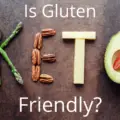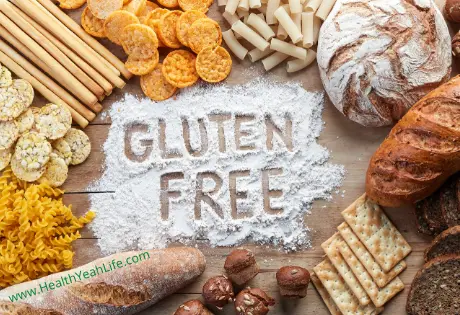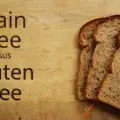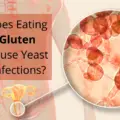The swap for a gluten-free lifestyle brings in many questions and confusion regarding the changes you're about to make. But before diving into this new routine, it's necessary to understand what you're eliminating from your diet, i.e., gluten.
The next set of questions is, what is gluten? And for dessert lovers, is gluten a form of sugar? And, more importantly, does it mean eliminating sugar from your diet? We're here to make all your worries fade with this all-in-one guide to everything gluten and sugar.
Defining Sugar
Without overcomplicating it, sugar is a soluble carbohydrate, i.e., sucrose, that binds together the atoms of carbon, hydrogen, and oxygen. It's one of the four carbohydrate groups essential for the body to survive and function. What happens is that the body on consuming sugar breaks it down into glucose, the powerhouse of the body.
Let's not be mistaken; there are other glucose sources in our food like starch, proteins, and fats. But the thing is that our bodies break down sugar and absorbs the glucose in the blood more readily than other carbohydrates.

You can cut out sugar, but you need 130g of glucose each day, and the primary source of it is sugar, in the end. Without sugar, your body is left with minimal energy unless your food intake consists of a high amount of starch, proteins, and fats regularly.
Getting back to the basics- sugar is a sweetener, and it doesn't only consist of the granulated sugar you find in your kitchen pantry. It's a natural sweetener, meaning many of the foods we eat daily, e.g., fruits, vegetables, dairy products, etc., contain sugar.
Comparing Sugar Quantity of Natural Produce
| Ingredient (Per Cup) | Amount of Sugar | Total Carbs |
| Sugar Beet | 9.19 g | 13 g |
| Sugar Cane | 29 g | 30 g |
| Mango | 23 g | 25 g |
| Banana | 28 g | 51 g |
| Apricot | 14 g | 17 g |
| Peach | 13 g | 15 g |
| Carrots | 5 g | 11 g |
| Blueberry | 15 g | 21 g |
| Raisins | 98 g | 131 g |
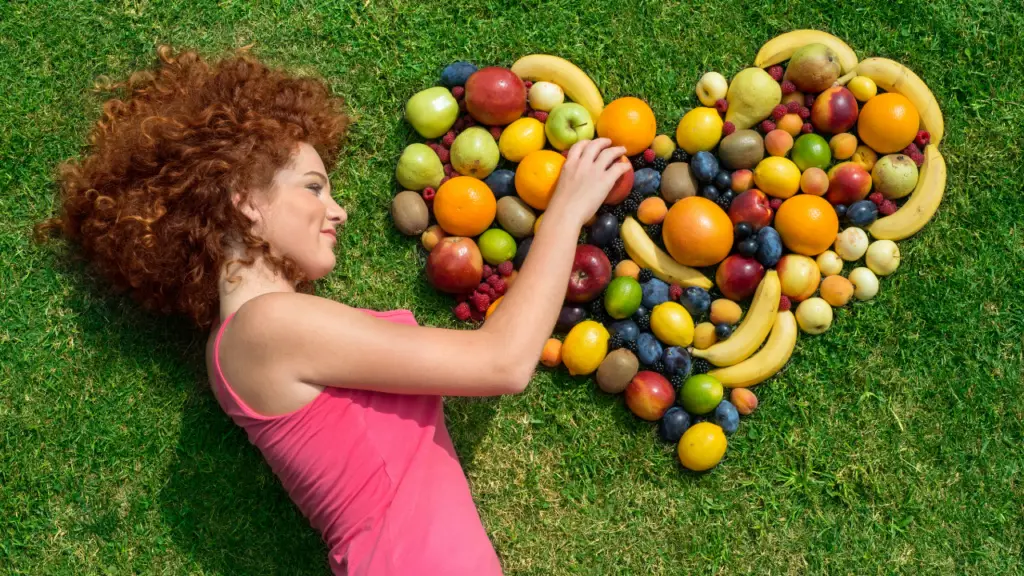
Types of Sugars
There are various types of sugars.
Refined Sugar and Natural Sugar:
The first difference lies between the two groups- refined sugar and natural sugar. Natural sugar comes from organic products like fruits, vegetables, and dairy as the primary sources. Each food comes with a particular quantity of sugar. Refined sugar is a product of plants, but it goes through extensive processing.
Monosaccharides:
Monosaccharides are simple sugars with only one molecule of glucose, fructose, or galactose. Sugar in fruits and vegetables consists of glucose molecules, fruit sugar has fructose in it, and dairy products consist of galactose molecules.
When you intake disaccharides, the body converts those compounds into monosaccharides. Ultimately, this means that simple sugars get absorbed by the body much more readily than complex sugars.
Disaccharides:
These form when two monosaccharide molecules (simple sugars) bond, making single disaccharide compounds (complex sugars). Granulated sugar is a form of sucrose (glucose+fructose), lactose found in milk is a combination of glucose and galactose, and malt sugar in beer and malt combines two glucose molecules.
The body absorbs monosaccharides in the blood as they are. For disaccharides, it breaks them down into simple sugars, i.e., monosaccharides first.

The Process of Sugar Making
Here, we'll talk about refined sugar because natural sugars are not human-made and don't come into context. Refined sugar can come from various plant sources depending on their sugar quantity, but those with higher sucrose are preferable.
Since sugar cane and sugar beets contain the highest amount of sugar, that's what goes into making the sugar you see at your table. Technically, the only difference between refined sugar and natural sugar is extraction and processing.
Whether you bite into a berry or add a teaspoon of granulated sugar to your tea, it's practically the same thing. Powdered sugar goes through an additional step that finely mills granulated sugar to give it a smoother texture.
Refined Sugar vs. Natural Sugar
Granulated sugar and fruit sugar consist of the same disaccharide compounds. The question is whether swapping one for the other makes a difference. In terms of sugar quantity and absorption, the body treats both ingredients, refined sugar or natural sugar, similarly as long as they're both disaccharide compounds.
Natural sugar, i.e., fruits and vegetables, being monosaccharides, raise your blood glucose levels faster than artificial sugars. Wouldn't eating any of these become harmful for your body if you're trying to cut down sugar from your diet?
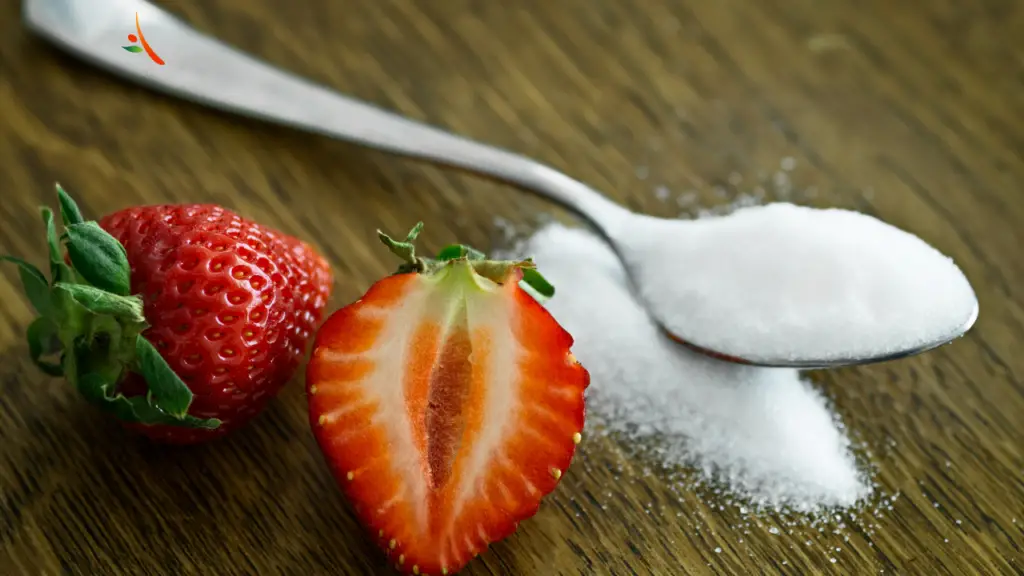
Simply put, sugar is sugar when consumed by the body, whether it comes from fruits or the factory. In saying that, it doesn't mean you should stop eating healthy foods in return for granulated sugar.
Fruits, vegetables, and dairy bring a lot of nutrition to our bodies that refined sugar doesn't. In other words, refined sugar is mere calories without any health benefits, but natural products can strengthen your body and prevent diseases.
However, this does not mean you should overload on natural sweeteners either. A balance is always necessary to keep your blood glucose levels in check.
What Is Gluten Anyhow?
It is a protein in grains such as wheat, barley, rye, and spelt. It's in whole grains, grain-based products, and processed foods. On the back of traditional foods, specifically processed products, you're sure to find gluten hiding in one form or the other in the ingredient labels. To clarify, it's not grains gluten intolerant individuals are allergic to; it's the protein within the grain.
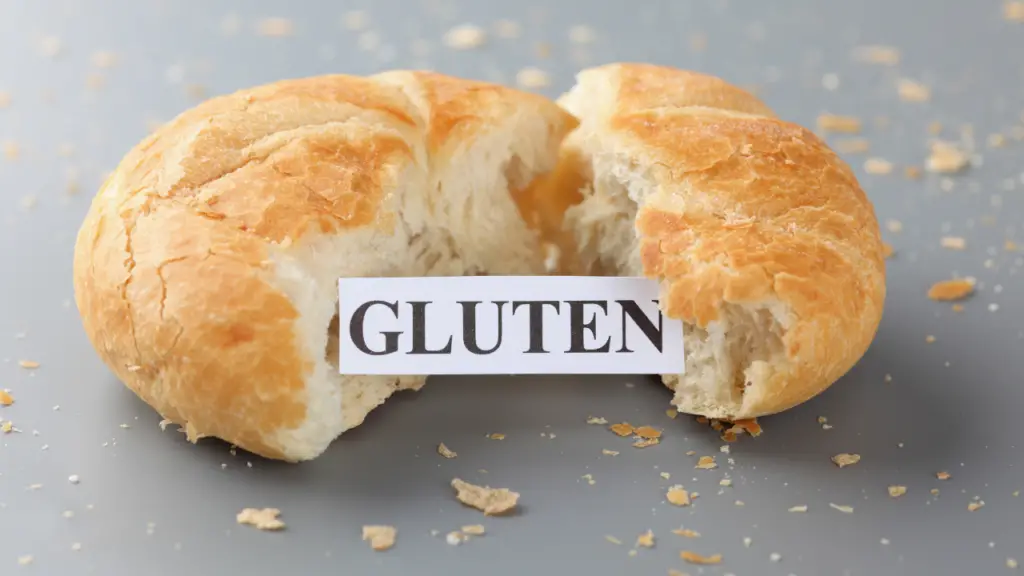
Those with celiac or non-celiac sensitivity cannot digest gluten particles normally, as those who don't suffer from these conditions can. Digestive problems are the backbone of celiac and gluten-sensitive individuals when consuming gluten-based foods. These individuals and those shifting to a healthier lifestyle opt for a gluten-free routine, eliminating anything that contains gluten from their foods and drinks.
Are Sugar and Gluten Similar?
No, down to the basic makeup, one is a carbohydrate while the other is a protein. When chains of amino acids are linked together, it forms a protein molecule. Meanwhile, carbohydrates are a combination of carbon, hydrogen, and oxygen. The structures don't correlate to one another at all.
Carbohydrates are energy sources that the body readily absorbs into the blood. The primary function of protein is not to provide energy but to aid in other body functions like forming muscles, internal proteins, and hormones.
Our bodies can utilize protein as an energy source, but only when there's a decrease in carbohydrates. The primary concept of a keto-based diet is based upon this idea, i.e., increasing the intake of proteins and fats as primary energy sources and decreasing or eliminating carbs.
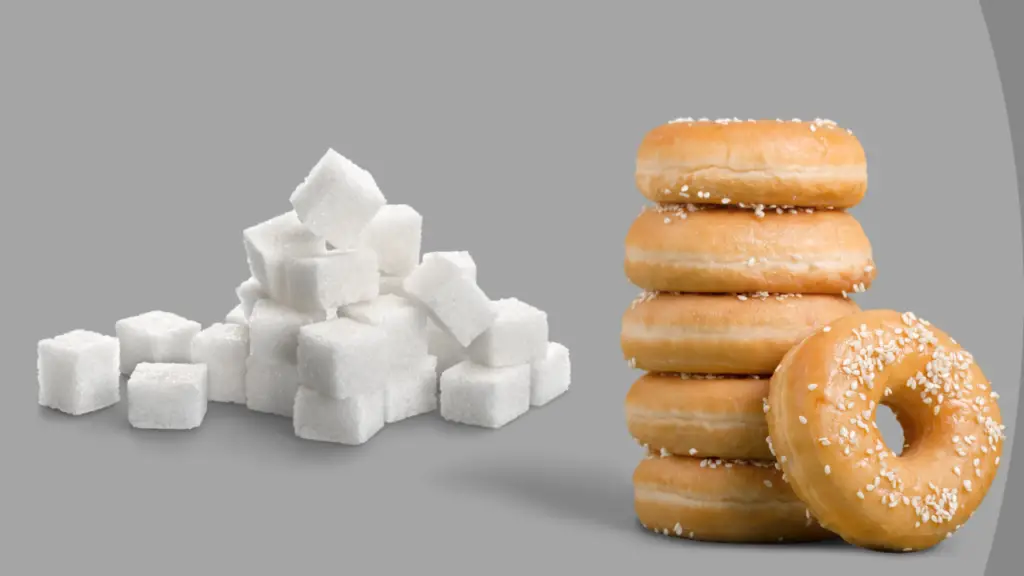
Undoubtedly though, proteins and carbohydrates both break down into glucose in the body. That's where they correlate. But, that doesn't mean the body takes them for similar components and mixes them up.
The body breaks down these proteins and carbs in the intestines, and that's where they go their separate ways to perform their specific functions. Another difference is that the body breaks down carbohydrates with more ease than proteins; proteins take time to break down into simple sugars.
Sugar on a Gluten-Free Diet- Is It Possible?
Sugar does not bring any gluten particles that can make the body vulnerable; it's completely gluten-free. When you purchase refined sugar, it comes from sugar beets or sugar cane, which is naturally gluten-free.
Some argue that since sugar comes from a grass-family plant, it may be related to grains, but there's no relation between sugar beets or sugar cane and gluten. Even artificial sweeteners rarely add gluten additives to their products. Most of them are gluten-free.
BUT, now there's a significant but– sugar being naturally gluten-free does not mean you can let down your guard. The process of extracting sugar does not add gluten in any step, but cross-contamination continues to be a risk factor. Cross-contamination can occur anywhere from the fields to your pantry.
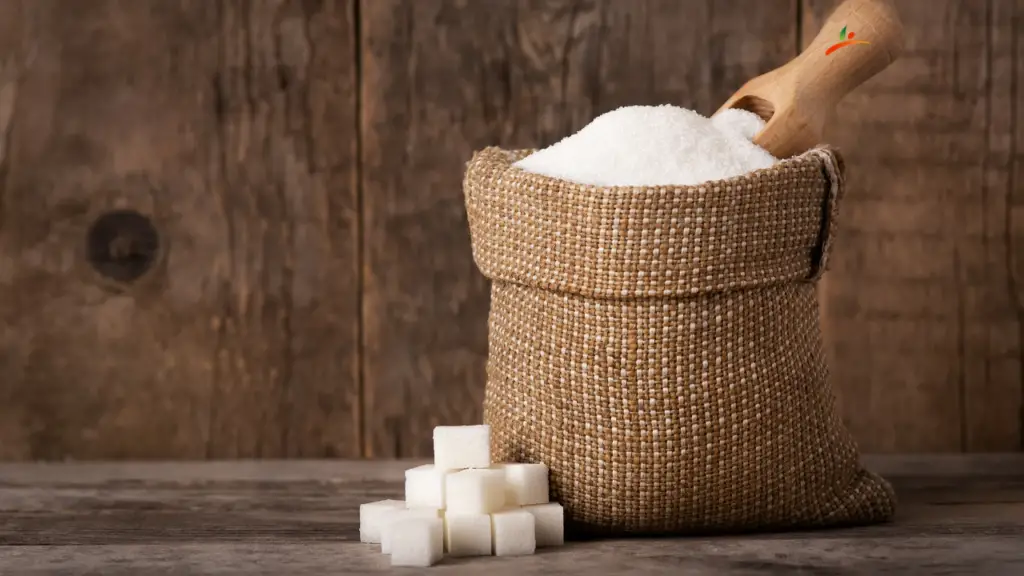
Manufacturers may extract sugar in gluten-contaminated sites, the packing can be contaminated, or the storage area can have gluten if there are gluten-based ingredients nearby. In grocery stores, the aisles may have traditional flour and sugar on the same shelves, increasing cross-contamination risks.
We might be going overboard with the precautions. However, every precautionary step is necessary when it comes to celiac disease. Who knows which one saves you from accidental gluten consumption that leads to digestive problems. Your best bet is to buy gluten-free sugar brands or at least go for stores that keep the sugar and flour in separate aisles.
But Is It Healthy?
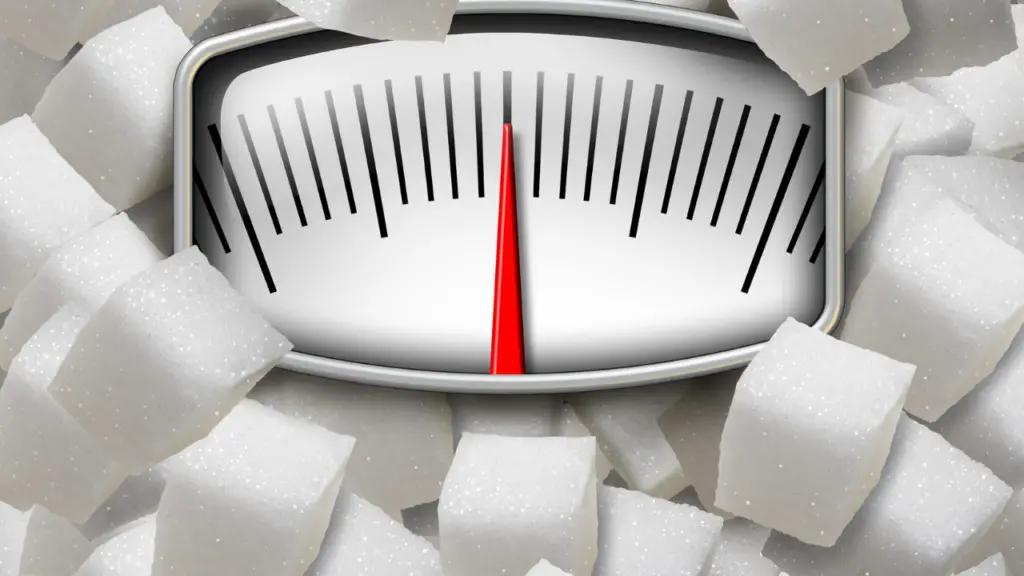
An exceeding intake of any food higher than the recommended amount is unhealthy for the body, and this rule applies to sugar intake as well. No matter if your sugar source is coming from granulated sugar, artificial sweeteners, or natural foods, overdoing it can lead to numerous health problems. Some of these include the following:
Excessive Weight Gain:
Obesity rates are increasing at an alarming rate like never before in history. Most of this increased percentage has to do with added sugar products in sweetened beverages such as processed fruit juices and sodas.
Cardiovascular Diseases:
Studies show that diets with an increased amount of sugar are the reason for elevated risks of cardiovascular problems, e.g., spikes in blood sugar, unstable blood pressure, clogged arteries, etc.
Diabetes:
Type 2 diabetes has a higher chance of triggering in patients of obesity. Furthermore, when you're constantly eating sugar, your pancreas will have to produce more insulin to balance your blood glucose. Over time, the pancreas gives out, which leads to imbalanced blood glucose and the onset of Type 2 diabetes.
Fatty Liver:
Glucose and galactose don't pose problems when it comes to the body's ability to absorb them. On the other hand, the liver is responsible for breaking down a majority of the fructose intake. It converts fructose into energy or glycogen when the body no longer needs more energy and needs to be stored. But the liver cannot keep a lot of glycogen, which then converts into fat and gets accumulated on the liver, causing liver diseases.
Acne:
If no skincare and treatment amounts get rid of the chronic acne on your face, the reason could be a high-sugar diet, especially unhealthy foods like snacks and sodas. When the blood glucose levels increase, it produces higher amounts of sebum that causes inflammation throughout the body.
Taking care of your skin means lowering your sugar intake and opting for low-glycemic diets, i.e., diets with lesser carbs or carbs that take longer to break down in the body.
What Can You Do?
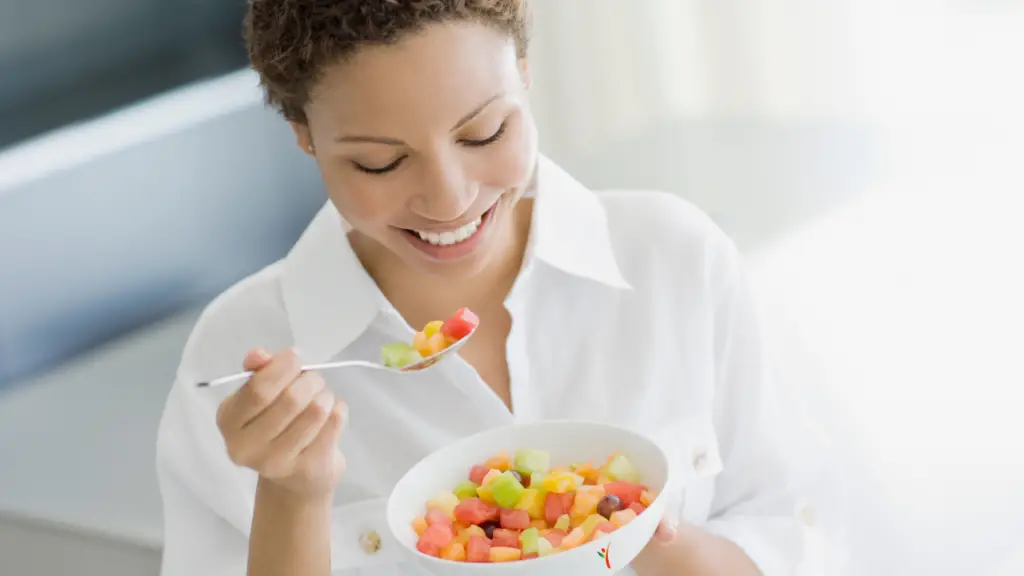
It is said that prevention is better than cure, and it's always best to decrease your sugar intake than to risk any long-term physical conditions. Again, whatever you're sourcing it from, sugar remains sugar.
You can't choose natural sweeteners over refined sugar only to consume them in higher quantities because you consider them healthier; they're still harming your body. Although, some options are better than others in terms of their benefits.
Beware, some options like high fructose corn syrup can become even more dangerous to your body than refined white sugar. Ultimately, it depends on what you want to achieve with the swap and why you're cutting down sugar in the first place.
Natural Sweeteners:
Natural sweeteners undergo relatively lesser processing than refined sugar. They taste better and can provide some health benefits. Examples include agave nectar, coconut sugar, honey, maple syrup, etc.
Artificial Sweeteners:
Artificial sweeteners are synthetic substitutes, meaning they're chemically processed additives that enhance the sweetened flavor of foods. You'll need to use a lesser quantity than other types for this substitute, and they may help diabetes patients balance their blood glucose levels.
Novel Sweeteners:
Novel sweeteners come from natural sources, but they're highly processed sweeteners. They are either very low-calorie or zero-calorie products that can help those trying to control their weight.
Natural Food Products:
We continue to emphasize, anything that's natural is relatively better than other alternatives. Organic foods are your best best when it comes to adding sugar to your diet. Eat fruits and vegetables to fulfill your daily sugar requirement without going overboard.
Final Words
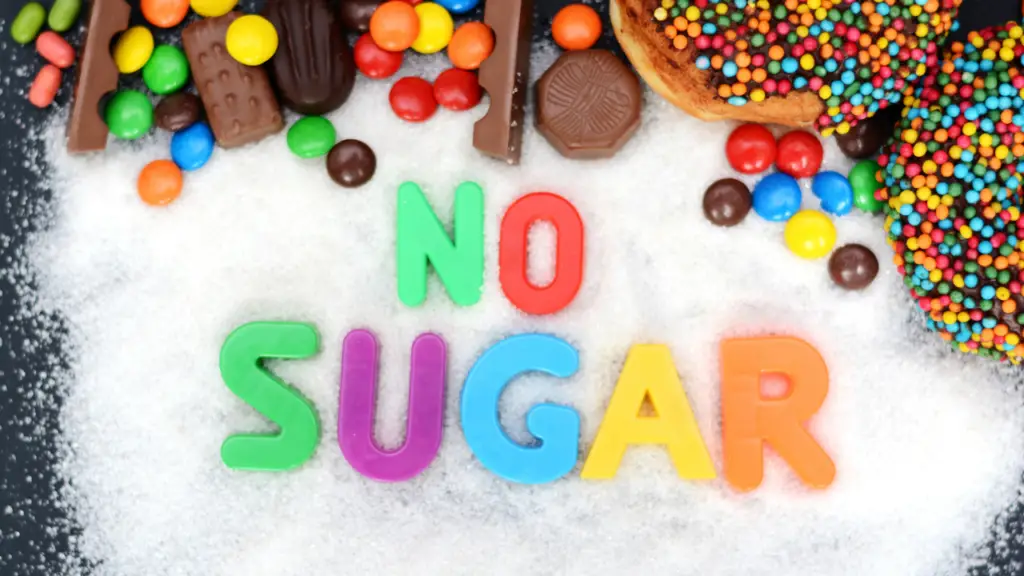
You, my friend, know your body better than anyone else, and the choices you make can have immediate and long-term effects on your physical health.
Always try to choose the option that caters to good health, in this case, fruits and vegetables being the ideal sugar source.
If you need to add that sugary kick in your baked goods, use natural sweeteners or consult an expert if you're suffering from any diseases.
The owner of this website, HealthYeahLife.com is a participant in the Amazon Services LLC Associates Program, an affiliate advertising program designed to provide a means for sites to earn advertising fees by advertising and linking HealthYeahLife.com Review to Amazon properties including, but not limited to, amazon.com.


